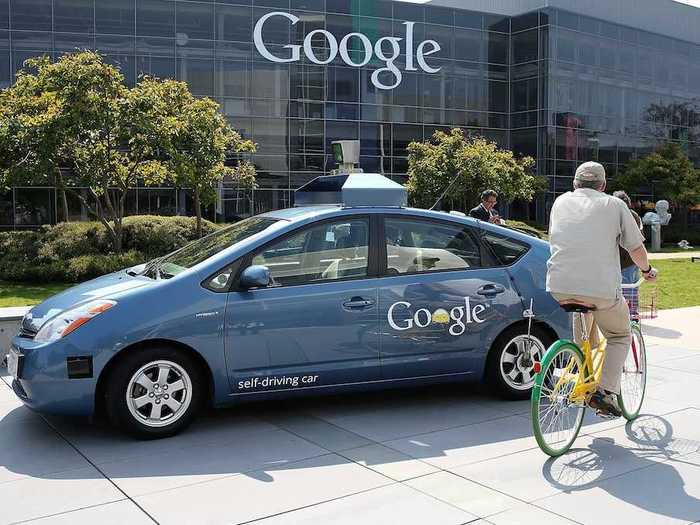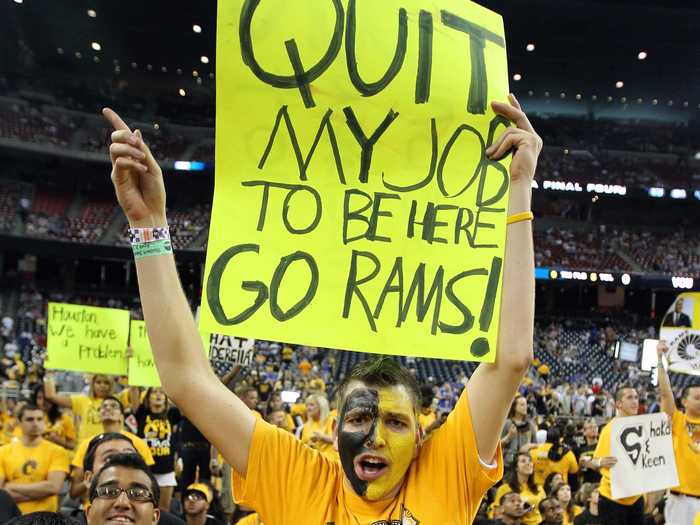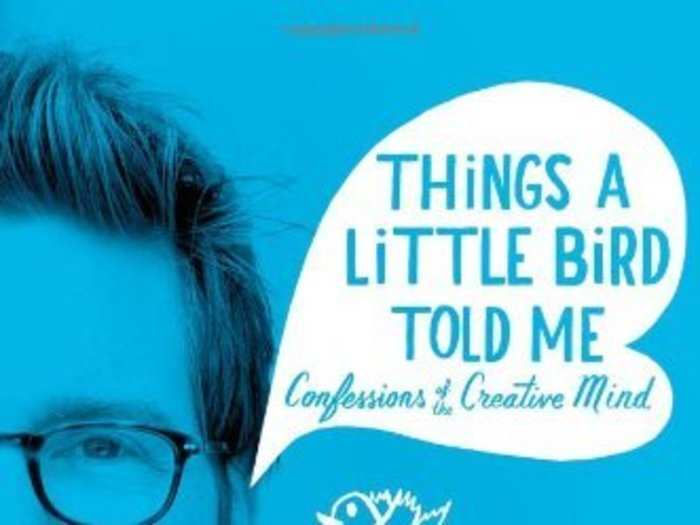7 Ways You Can Become More Successful By 'Thinking Like A Freak'
Set aside your moral compass.

Redefine unsolvable problems.

When a set of solutions to a problem keep yielding unsatisfactory results, Levitt and Dubner say, it is necessary to redefine what the problem actually is.
In 2000, Takeru Kobayashi did this when he found a way to win and forever change the Coney Island hot-dog-eating championship in Brooklyn, New York.
He noticed that nowhere in the rule book did it say participants had to eat a hot dog in its bun, as all previous competitors had. After several experiments, he determined that he would break a hot dog into halves that required little to no chewing and then dip the chewy bun into the glass of water provided, which made it easier to eat.
Since no one had tried this approach before, he considered the 25 and 1/8 hot-dog-and-bun record to be meaningless. On the day of the contest, he crushed the competition and set a new record of 50 hot dogs with buns. Because he approached the challenge from a new angle, he was not mentally constrained by the record that preceded him.
Think like a kid.

Levitt and Dubner argue that the worst trait of adults, especially intelligent ones, is that they expect the world to behave according to their beliefs. And that's why they can learn something from the average 8-year-old.
Kids operate without a lifetime's understanding of how the world works, and that's why, for example, they are significantly better than adults at figuring out magic tricks, according to professional magician Alex Stone.
He says that many times an adult spends the entire trick trying to outsmart the magician, and then is shocked when he is fooled by a simple sleight-of-hand technique, thinking himself the victim of hypnosis or something else far-fetched. Meanwhile, a kid along for the ride may simply notice that the magician grabbed two cards when pretending to just have one.
Reframe the relationship to get what you want.

To get others to do what you want, Levitt and Dubner recommend changing an adversarial relationship into one of cooperation.
Brian Mullaney demonstrated this when he re-thought how to collect donations for his successful charity Smile Train, dedicated to repairing cleft lips of poor children throughout the world.
He had been sending out 18 mailers a year to donors asking for more donations, but experimented with a new tactic. He sent out mailers that asked donors to check one of three boxes: They would donate once and never be asked again; they would donate but only want two letters per year; they would donate and receive regular updates.
Because the tone of the letter went from one of shaming to one of "we're all in this together," only one-third opted out of future mailings, and overall donations increased 46% while money was saved on unwanted mailings.
Trick liars into revealing themselves.

Levitt and Dubner say anticipating an opponent's next move can reveal liars and people who won't follow through.
Van Halen, one of the biggest rock acts of the 1980s, knew this well.
When they added a city to their tour, their manager would give the venue a contract with a 53-page rider that laid out technical and security specs as well as preferences for accommodations. On page 40, in the "Munchies" section, the band requested "M&M's (WARNING: ABSOLUTELY NO BROWN ONES.)"
This was actually a test disguised as the request of a bunch of prima donnas. If the band arrived at the venue and their bowl of M&Ms contained brown ones, they would know the venue owner had not taken the rider seriously. They would then demand a review of the entire stage setup, because if even one detail was missing from their outlandish stage setup, the stage could collapse or the intricate electric system could short-circuit during the performance.
Persuade stubborn people by acknowledging the strengths of their argument and the weaknesses of yours.

Levitt and Dubner admit that often the best strategy when disagreeing with someone about a sensitive topic is to let it go and move on. But if you feel you absolutely must win an argument, you're best off setting aside your ego and calmly acknowledging both the strengths of your opponent's position and the weaknesses of your own.
Say you're an advocate of self-driving cars and think they will change humanity. Your opponent is afraid of this largely untested technology. You'd benefit from admitting that yes, accidents will still probably happen, and people who make a living from driving will lose their jobs. If your opponent asks what you would think if a malfunctioning or even hacked car were to plow into a playground and kill young children, you could admit that indeed, this would be terrible.
But then you would pivot by saying that it is this exact concern that supports driverless cars. A machine may malfunction, but it would still be more reliable than a person susceptible to exhaustion, alcohol, or distractions. You could mention that roughly 500 kids are killed in traffic accidents around the world every day, and even if driverless cars reduce that figure by 20% rather than eradicating it, it will be a huge success.
Appreciate the upside of quitting.

From a young age, we are programmed to equate quitting with failure, but that's a mistake, say the authors. While there are many cases where it pays to be resilient, we can sometimes be happier by letting go of something that we've invested a tremendous amount of time and effort into.
When Dubner was a kid, he pursued his dream of being a famous musician and formed a punk band called The Right Profile. They were good enough that Arista Records founder Clive Davis personally scouted and signed them. Dubner had achieved his dream he had put so much of his life into, but there came a point when he realized he would be happier with a family, a nice home, and time to write. So he quit, and eventually became a journalist.
Levitt and Dubner argue that instead of looking at just the sunk cost — the amount of time already put into something — focus on the opportunity cost, which is the energy or money spent doing one thing when it could be spent doing something else. If the opportunity cost outweighs the sunk cost, it may be time to quit what you're doing.
Now check out some more books filled with valuable insight

Popular Right Now
Popular Keywords
Advertisement